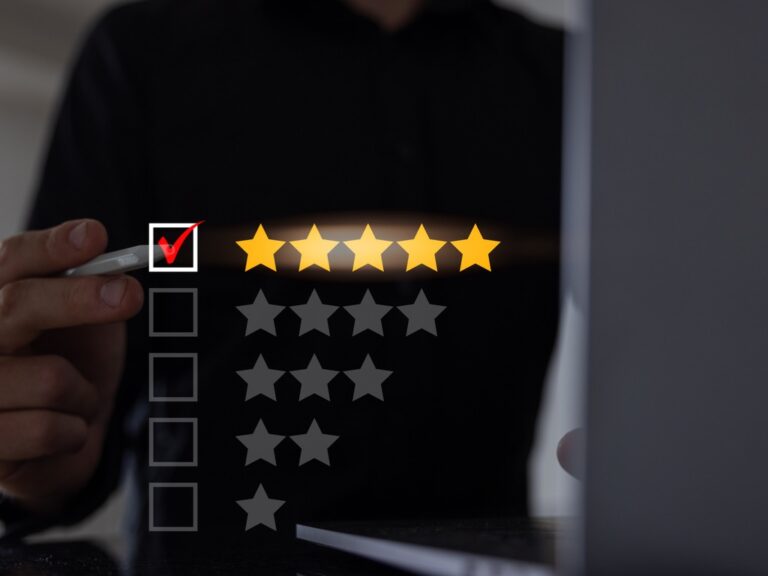How Legal Ops Can Leverage Scorecarding to Evaluate Outside Counsel
March 26, 2024

It can be challenging for corporate legal departments to make decisions about outside counsel. There are several factors to consider, including rising costs, timely billing and invoicing, performance quality, bandwidth, and alignment with the business. Citing data from the Thomson Reuters 2023 Legal Department Operations Index, Priori Legal writes that just 9% of legal departments have processes for outside counsel management that are predictive, including forecasting and performance benchmarking.
Given that large companies are spending significant sums upwards of $130 million annually on outside counsel, there is an opportunity for Legal Operations professionals and in-house counsel to leverage better management processes. Law firm scorecarding is one option. The process entails setting standard categories and measurements to judge law firms and attorneys, rather than leaving it to the discretion of individual team members.
The benefits of law firm scorecarding are manifold. First, it increases consistency by standardizing the evaluation process across the legal department. Second, it helps manage expectations by providing clear criteria for law firm assessment, rate negotiations, and performance discussions. Third, it facilitates the retention of knowledge about law firms as individual relationships evolve or change. Finally, it establishes a structured cycle of reviews, ensuring that feedback is gathered from all relevant team members.
The design of a law firm scorecard is crucial. You will need to prioritize visual representation, highlight key information clearly, and maintain simplicity to make it easy to comprehend. In creating categories for assessment, you should balance quantitative and qualitative measures and focus on metrics that drive decision-making processes. Make sure to include different levels of benchmarks and an overall or composite score for quick comparison.
Regular reporting will help ensure that the data remains relevant. Transitioning to technology-based reporting options can streamline the process. Ultimately, law firm scorecarding serves as a valuable tool for enhancing decision-making, optimizing outside counsel relationships, and achieving broader business goals within legal departments.
Critical intelligence for general counsel
Stay on top of the latest news, solutions and best practices by reading Daily Updates from Today's General Counsel.
Daily Updates
Sign up for our free daily newsletter for the latest news and business legal developments.




